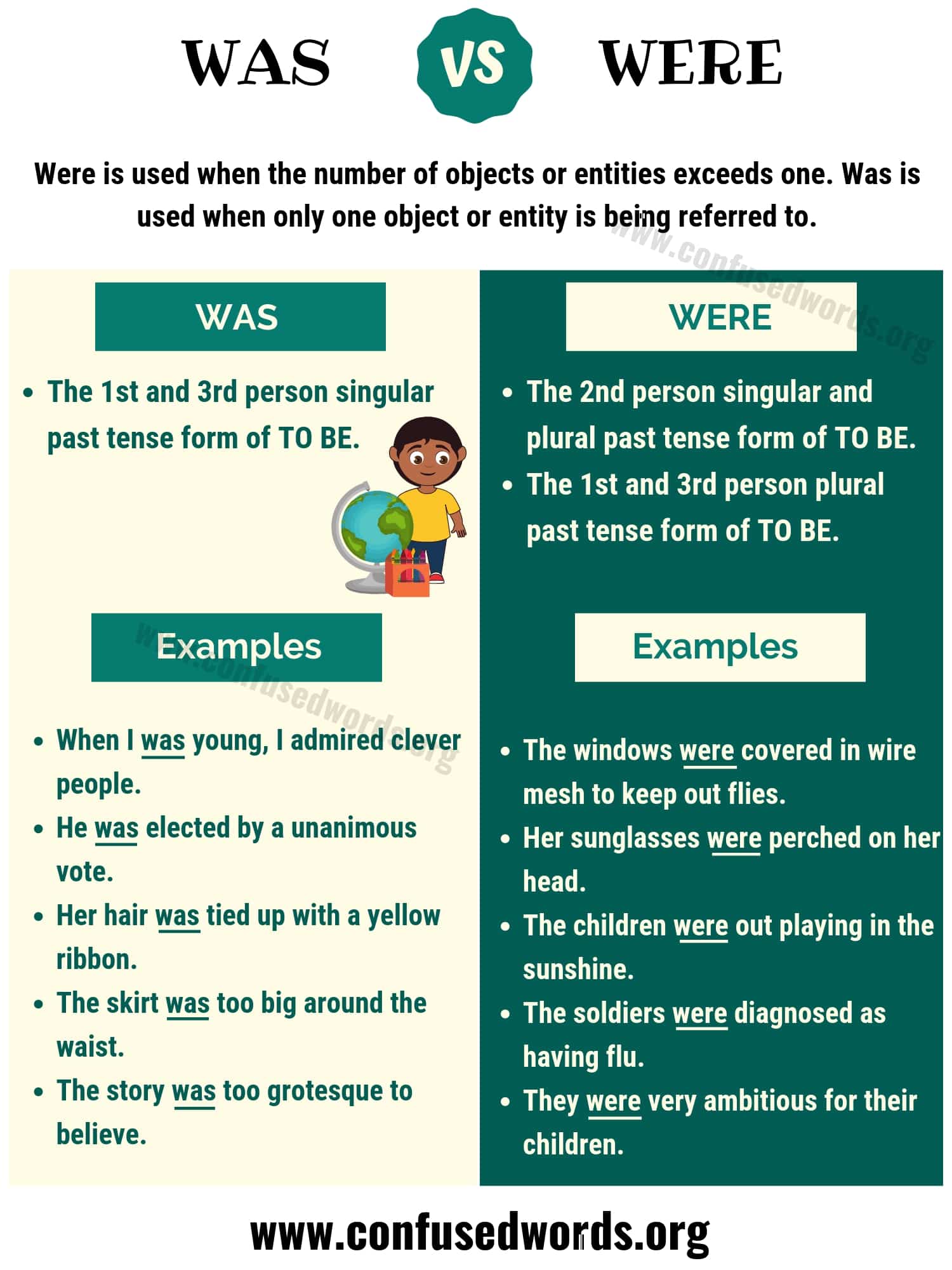Who Were The Highest Paid Actors In Friends? Grammar Archives English Speakg Course
Detail Author:
- Name : Frances Reichert I
- Username : mhand
- Email : elizabeth33@auer.info
- Birthdate : 1995-04-29
- Address : 405 Weimann Turnpike Suite 163 Lake Rex, ND 63568
- Phone : +1.719.283.1518
- Company : Schroeder PLC
- Job : Biologist
- Bio : Pariatur quia maxime aut ut veritatis nihil incidunt. Quaerat tenetur facere id est et voluptates et.
Socials
instagram:
- url : https://instagram.com/opaucek
- username : opaucek
- bio : Nostrum sed labore quia. Et voluptas non labore recusandae rem. Ut facilis vero nulla.
- followers : 4223
- following : 2620
linkedin:
- url : https://linkedin.com/in/pauceko
- username : pauceko
- bio : Repellendus sapiente quo ut in modi.
- followers : 4822
- following : 1519
twitter:
- url : https://twitter.com/ottiliepaucek
- username : ottiliepaucek
- bio : Provident dolorum et optio sed porro itaque sit. Harum ducimus voluptas aliquam suscipit et magni consequatur. Aut vel veritatis qui excepturi possimus sunt.
- followers : 5589
- following : 578
From other's conversation,i found out they mentioned i was and sometimes they also mentioned i were Since misusing these verbs can create confusion, let’s look at when which is correct Is there any rules for i was/were?
Was vs. Were: How to Use Them Correctly • 7ESL
What is the difference between were and have been, and are these sentences gramatically correct “are” and “were” are both “to be” verbs, but you cannot use them interchangeably 1) some of the best known writers of detective fiction in the twentieth century were.
I learned from many sources that as if it were is accepted by all native english speakers
And as if it was is widely used, especially informally But is the simple present. Technically, you should use 'were' You are correct that the sentence is subjunctive because of the indefiniteness introduced by 'as though'
The subjunctive takes the plural form of the past tense. Purdue owl has this example which is almost identical to op's case One of the boxes is open The verb agrees with the subject, one

If you wanted to talk about two, you would use a plural.
3 the minutes of the stockholders meeting were presented and discussed is the correct sentence The subject 'minutes ' is plural, and it should take a plural verb (were) If you're mentioning a possibility or a probability, a chance. Is it was or were ask question asked 4 years, 1 month ago modified 4 years, 1 month ago
My friend is writing some documentation and asked me an english question i don't know the answer to In this case which would it be Or ccleaner has been ran. Was and were are both simple past tense forms of the verb to be, but they are not interchangeable

Was is the regular singular simple…
A second person singular past indicative First, second, and third person plural past indicative And past subjunctive of be. See examples of were used in a sentence.
Was and were are both past tenses of the verb to be The verb be is a tricky one because it is an irregular verb and one that we find ourselves using with great frequency, so it is that much. If you sometimes struggle knowing when to use was and were, you aren’t alone Many people are confused as to when to use the verb was and when to use the verb were

The words were, we're, and where are easily confused because they have similar sounds and spellings
However, they are not homophones, which are words that have. Was and were are the past tense of the verb “to be“ “we’re” is a contraction of the phrase “we are” The apostrophe stands for the omitted letter a

